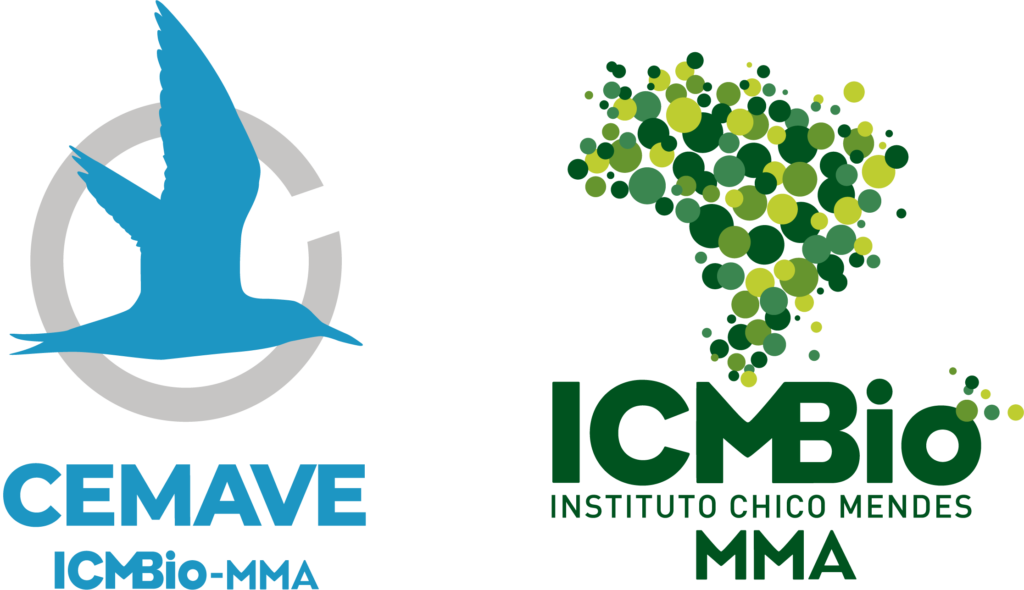Environmental management decisions play a crucial role in maintaining ecological balance. To assess their impact accurately, our team is collaborating with the Chico Mendes Institute for Biodiversity Conservation (ICMBio) to employ a novel approach combining passive acoustic monitoring and interactive machine learning. This partnership showcases the power of technology and interdisciplinary collaboration in addressing complex ecological challenges.
The Need for Accurate Ecological Impact Analysis
Environmental management decisions, such as pest control programs, have the potential to significantly affect ecosystems. It is crucial to evaluate their impact accurately to ensure the preservation of biodiversity and the integrity of ecosystems. Traditional methods often have limitations in terms of time, cost, and coverage. Our project seeks to overcome these limitations through the integration of passive acoustic monitoring and interactive machine learning techniques.
Passive Acoustic Monitoring
Passive acoustic monitoring involves the use of specialized recording devices to capture and analyze sounds within an ecosystem. It provides a non-invasive and cost-effective approach to monitor wildlife and their vocalizations. By deploying acoustic sensors strategically, a wealth of information about various species and their activities can be captured, including pest species targeted by control programs.
Interactive Machine Learning
Interactive machine learning complements passive acoustic monitoring by automating the analysis of the vast amounts of acoustic data collected. Through the development of pre-trained neural networks, we enable the system to learn and classify different species’ vocalizations, including those of pests and non-target species. The interactive aspect involves human validation and refinement of the machine-generated predictions, ensuring accuracy and reducing false positives.
The Partnership with ICMBio
Collaborating with ICMBio has been instrumental in the success of our project. Their expertise in biodiversity conservation, access to field data, and domain knowledge have enriched our research and helped us design effective pest control program evaluations. The partnership has fostered a dynamic exchange of ideas and perspectives, leading to a comprehensive and holistic approach.
The integration of passive acoustic monitoring and interactive machine learning offers several advantages. Firstly, it provides a cost-effective and scalable solution for assessing the ecological impact of pest control programs. Secondly, it enables real-time monitoring, allowing for timely adjustments to management decisions. Additionally, it enhances data-driven decision-making by providing accurate and objective insights into the effectiveness of environmental management strategies.
Our project opens up exciting possibilities for ecological impact analysis. By refining the interactive machine learning algorithms and expanding the scope of data collection, we can improve the accuracy and reliability of the system. Furthermore, integrating other environmental monitoring techniques with acoustic data could provide a more comprehensive understanding of ecosystem dynamics. However, challenges such as data management, algorithmic complexity, and adapting to dynamic environmental conditions remain areas for further exploration.
The partnership between our team and ICMBio highlights the potential of passive acoustic monitoring and interactive machine learning in analyzing the ecological impact of environmental management decisions. By combining advanced technologies with domain expertise, we aim to enhance our understanding of ecosystems and facilitate informed decision-making for a sustainable future. This collaborative effort serves as a testament to the power of interdisciplinary approaches in addressing complex ecological challenges.
As we move forward, we envision the widespread adoption of these techniques, empowering environmental managers and policymakers to make more informed decisions that effectively balance the conservation of biodiversity with the management of pest species. Together, we can create a harmonious coexistence between human activities and the natural world.
Partners


Chico Mendes Institute for Biodiversity Conservation (ICMBio), Brazil
